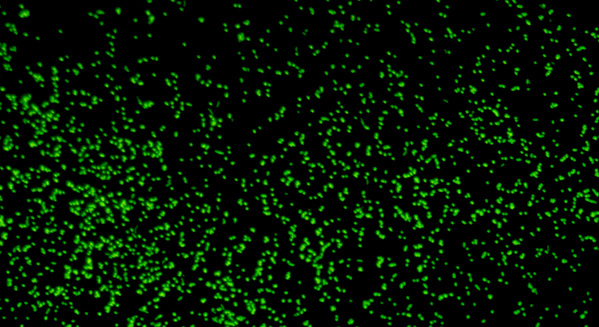Dr. Yuki Morono’s recent research paper “Aerobic microbial life that persists in oxic marine sediment as old as as 101.5 million years” has been selected as an Editors' Highlights of Nature Communications. Dr. Morono is a senior scientist at the Geomicrobiology Research Group of the Kochi Institute for Core Sample Research, Institute for Extra-cutting-edge Science and Technology Avant-garde Research, JAMSTEC.
The Nature Communications Editors’ Highlights pages are selected by their editors. They select a small number of articles recently published in Nature Communications that they believe are particularly interesting or important.
Title of Research Paper: Aerobic microbial life that persists in oxic marine sediment as old as as 101.5 million years
Authors: Yuki Morono-1, Motoo Ito-1, Tatsuhiko Hoshino-1, Takeshi Terada-2, Tomoyuki Hori-3, Minoru Ikehara-4, Steven D'Hondt-5, Fumio Inagaki-1
Affiliation: 1. Japan Agency for Marine-Earth Science and Technology, 2. Marine Works Japan Ltd., 3. National Institute of Advanced Industrial Science and Technology, 4. Kochi University, 5. University of Rhode Island
https://doi.org/10.1038/s41467-020-17330-1
<Nature Communications Editors' Highlights>
https://www.nature.com/articles/s41467-020-17330-1
